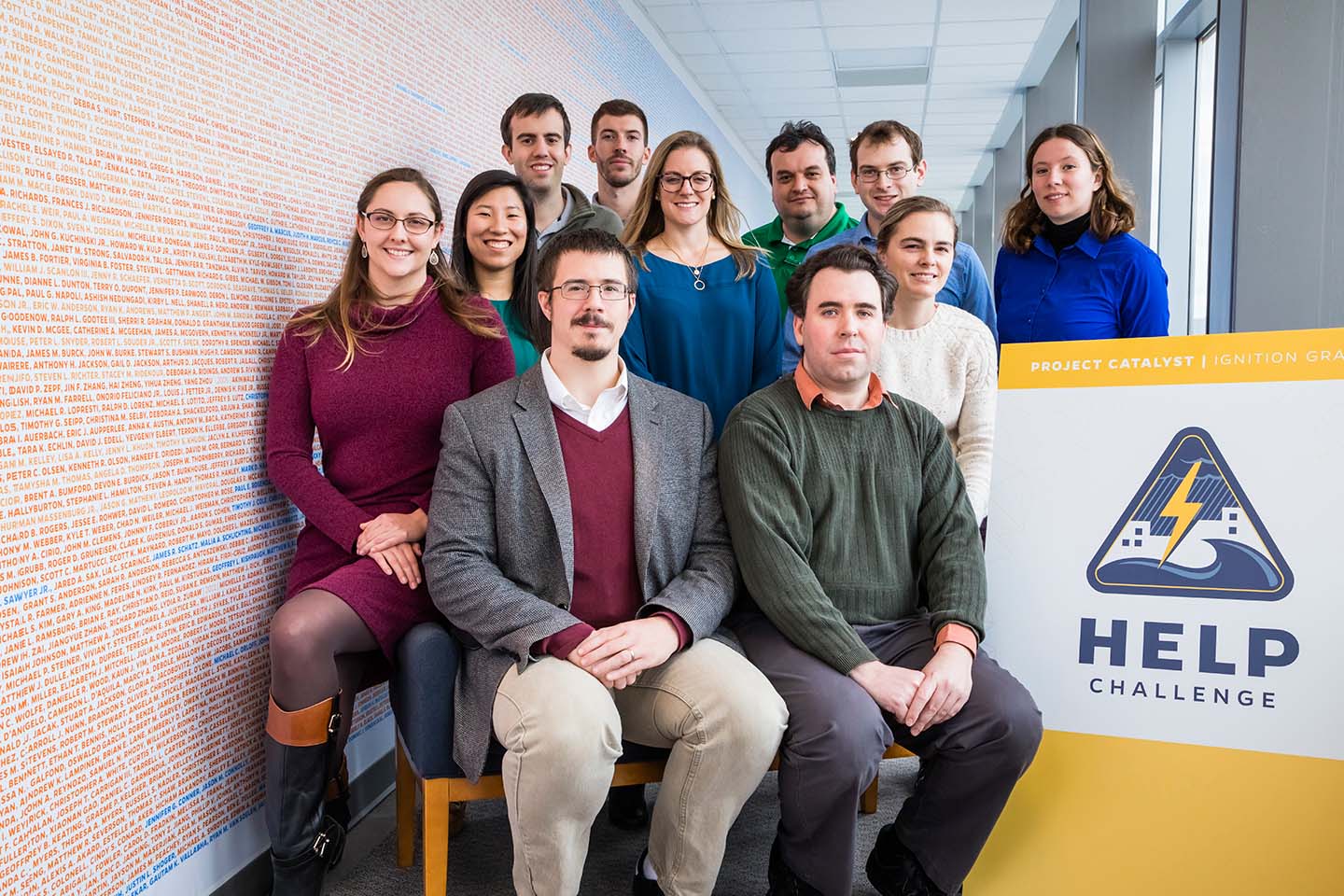Press Release
Johns Hopkins APL Receives 2019 Impact Award from Innovation Leader
The Johns Hopkins Applied Physics Laboratory (APL) in Laurel, Maryland, has received a 2019 Impact Award from Innovation Leader for an internal initiative called the Ignition Grants HELP Challenge.
This year’s Impact Award winners also include Bosch, Citigroup and Vertex Pharmaceuticals, all identified by Innovation Leader — a media and events company focused on increasing the impact of corporate innovation and R&D executives around the world — for “achieving extraordinary outcomes by leveraging innovation, technology, and research and development.”
The HELP Challenge (Humanitarian Engineering and Logistics Preparedness), initiated by the Ignition Grants program — one of APL’s innovation initiatives to increase investment in high-risk transformational ideas and technologies — challenged staff members to design novel technological solutions that could be applied in the event of a disaster.
The challenge was inspired by the daring rescue in 2018 of a team of youth soccer players who became trapped in a cave system in Thailand. Rescue organizations from all over the world, as well as individual companies with employees whose expertise could be helpful, mounted a response. The team behind the HELP Challenge knew that APL had the knowledge, technology and capabilities to respond in a crisis, but no system was in place for identifying staff with specific relevant expertise, coordinating with relief agencies and deploying resources quickly enough to help.
As a result of the HELP Challenge, 153 APL staff members identified themselves as having technical skills that could provide essential help in a disaster situation. In addition, 50 ideas were submitted, identifying ways technology could be applied to address different aspects of a disaster response — and 11 received seed funding.
“I found this program and its outcome very inspiring,” said Jennifer Kirby, an Innovation Leader Impact Awards judge from Hyatt Hotels.
Through the HELP Challenge, APL staff members created a more effective flu vaccine using artificial intelligence, revolutionized improvements in low-cost air quality sensors, and used virtual reality to view the way a location looked before a natural disaster struck.
“APL staff members were inspired by the challenge, and the winners were so passionate about their projects,” said Jason Fayer, assistant program manager for the Laboratory’s Innovation and Collaboration program. “It was great to be a part of an initiative that was helpful for our sponsors, but also the world. I’m really glad that these ideas have continued.”
